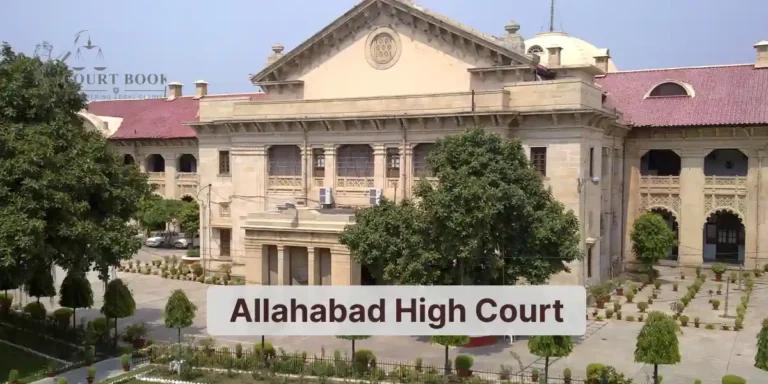The Allahabad High Court has ruled that religious conversion to Islam is considered bona fide only if the individual is a legal adult, of sound mind, and embraces Islam by their own free will. The conversion must be driven by a sincere belief in the oneness of God (Allah) and the prophetic character of Muhammad.
The court further explained that religious conversion is considered genuine when it stems from an "honest conviction" and a "change of heart" toward the tenets of the new faith. A single-judge bench of Justice Manju Rani Chauhan emphasized that conversion involves a shift in faith and belief, and a person must voluntarily accept the new faith while recognizing their spiritual connection to the Creator and the universe.
The ruling was issued in response to a plea by Taufik Ahmad, who sought to quash legal proceedings under Sections 420, 323, 376, 344 of the Indian Penal Code and Section 3/4(1) of the Uttar Pradesh Conversion Prevention Act, 2020. Ahmad's plea was based on a compromise reached between the involved parties.
Read Also: Allahabad High Court Orders Massive Reshuffle: 582 Judges Transferred Across Uttar Pradesh
Since the case involved allegations of unlawful conversion of a Hindu girl to Islam, the court underscored that a conversion is valid only when the person genuinely believes in the unity of God (Allah) and the prophetic role of Muhammad.
"A conversion of religion by an individual to Islam can be said to be bona fide if he/she is major and of sound mind and embraces Islam by his/her own free will and because of his/her faith and belief in the oneness of God (Allah) and prophetic character of Muhammad."
The court further ruled that any conversion undertaken for ulterior motives—such as evading marriage restrictions or achieving personal objectives—without genuine faith in Islam cannot be considered bona fide.
Additionally, the court referred to the Uttar Pradesh Conversion Prevention Act, 2020, which aims to prevent unlawful religious conversions carried out through force, coercion, fraud, undue influence, or misrepresentation. Since unlawful conversion is a serious offense, the court determined that legal proceedings cannot be dismissed merely because a settlement has been reached between the parties involved.
This ruling reinforces the importance of genuine religious belief in conversion matters and upholds the legal framework established to prevent forced or fraudulent conversions.
Case title - Taufik Ahmad vs. State of U.P. and Another 2025 LiveLaw (AB) 110














